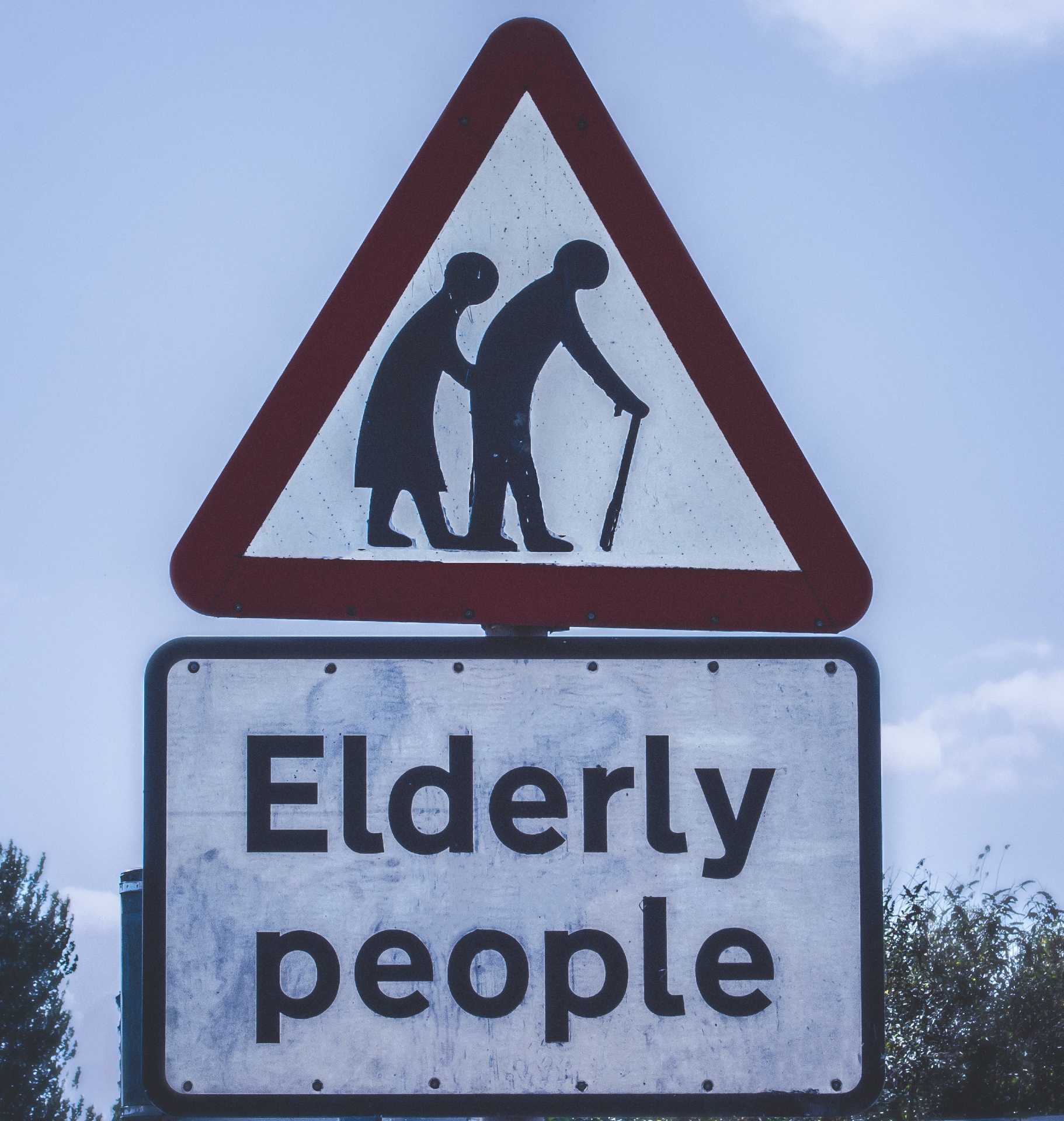“Work-life balance is the possibility of having a certain amount of autonomy to be able to meet work and family demands in the way one considers most appropriate”.
However, the problem with work-family reconciliation, as it is understood today, is that it’s heavily biased towards parents with dependent children. Most policies and programmes are aimed at this group. However, when it comes to reconciling work and family life by caring for the elderly, the conversation becomes muddier and more imprecise.
How should organisations facilitate work-life balance policies for the care of the elderly
In organisations, it is much more accepted to use one’s own flexibility policies to care for a younger child (accompanying them to the doctor or attending an end-of-year event), than to use the policies to care for an older child (accompanying them to a doctor’s appointment, or taking a morning off to spend the day in hospital). It’s therefore time to work in order to support employees who want to take time off to care for their elders.
We outline some preliminary ideas in the light of the few empirical articles that exist:
To understand that support for employees with elderly dependents is another form of responsible family support. Managers need to be made aware that the existence of employees with elderly dependents is and will become an increasingly common reality in the domestic family organisation, and that they have particular needs for work-life balance. A recent study found that when managers support employees with elderly dependents, their health improves, as does their satisfaction with work-family balance.
Provide training for supervisors. A study with 100 employees confirmed that when people with older dependents perceive organisational support, their stress levels decrease. This type of organisational support is often explained by emotional support (listening) and instrumental support (concrete solutions) from the supervisor. It is therefore advisable to train the supervisor on how to support employees with these needs.
